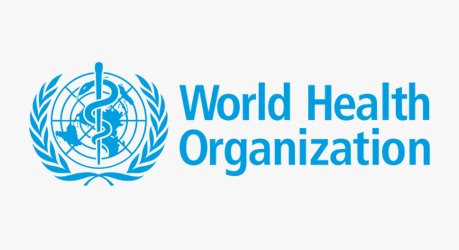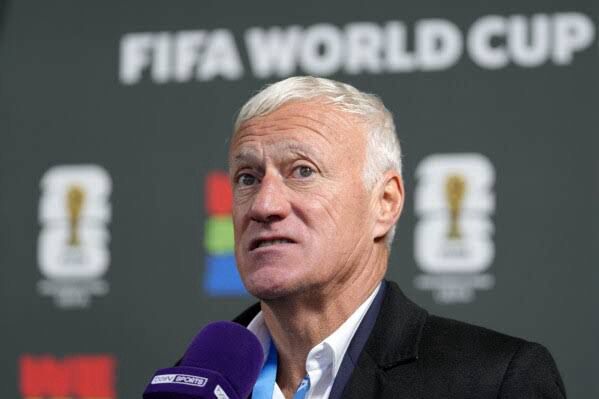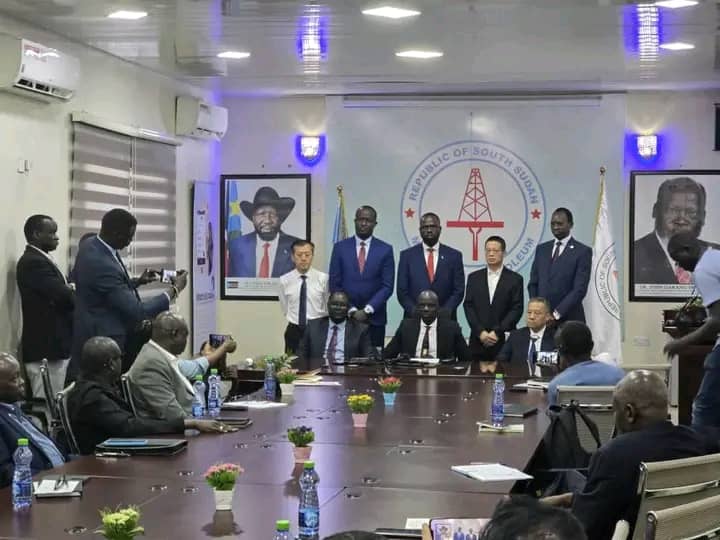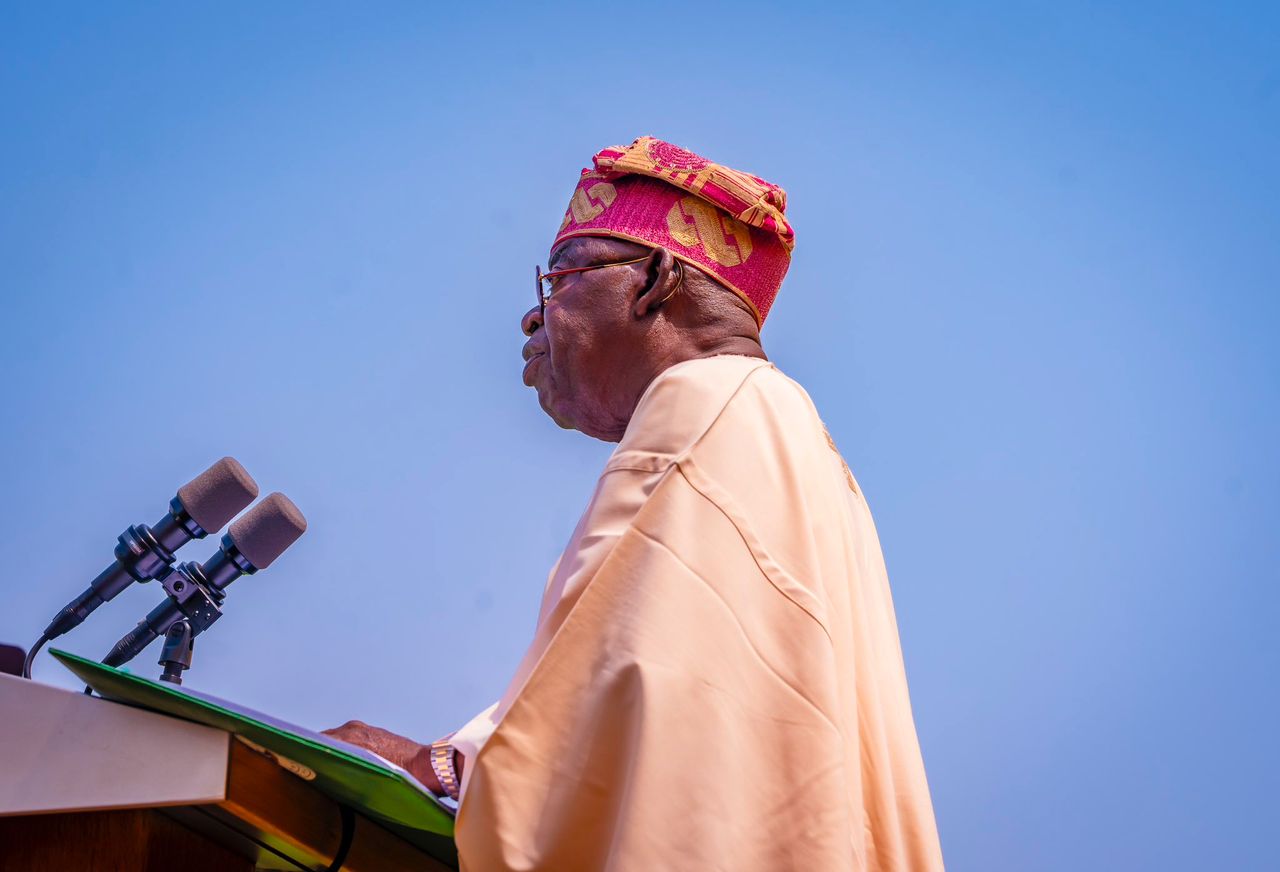Nigeria Among Eight Nations Bearing Most Of Global Tuberculosis Burden – WHO Report

By Onoja Baba, Abuja
The World Health Organization (WHO) has revealed in its 2024 Global Tuberculosis (TB) Report that Nigeria is one of eight countries accounting for over two-thirds of the world’s TB cases.
Alongside Nigeria, the report identifies India, Indonesia, China, the Philippines, Pakistan, Bangladesh, and the Democratic Republic of Congo as major contributors to the global tuberculosis burden, a disease predominantly affecting the lungs and spreading through the air.
According to the report, TB’s global incidence rate—new cases per 100,000 people annually—rose from 129 in 2020 to 134 in 2023, marking a 4.6% increase since the beginning of the COVID-19 pandemic.
This shift follows a decade-long period of declining cases from 2010 to 2020, underlining the pandemic’s impact on TB control efforts worldwide.
The WHO noted that most of the cases reported in 2023 emerged from South-East Asia (45%), Africa (24%), and the Western Pacific region (17%). The top five countries in terms of TB burden—India, Indonesia, China, the Philippines, and Pakistan—accounted for 56% of the world’s cases, while Nigeria alone contributed 4.6%.
Despite this concerning statistics, the report highlights progress in Nigeria and other countries in reducing TB rates. Since 2015, Nigeria and 12 other nations have achieved a reduction of at least 50% in TB incidence. These successes have been attributed to increased efforts in testing, treatment, and education, though challenges remain.
To support further progress, 13 countries, including Nigeria, are preparing to implement national TB prevalence surveys. These surveys aim to generate detailed data to strengthen TB control strategies and improve case detection rates. Other participating countries include Bangladesh, Ethiopia, Ghana, Indonesia, and Uganda.
The report also notes that TB case notifications in most high-burden countries have returned to pre-pandemic levels, a trend driven largely by India and Indonesia. However, Angola, Lesotho, Liberia, Mongolia, Myanmar, Thailand, and Zimbabwe are still struggling to rebound fully from the impacts of COVID-19 on TB detection and treatment.
The WHO emphasised the need for increased investment in health care to achieve Universal Health Coverage, which includes comprehensive TB care.
Expanded funding is essential to strengthen health systems and ensure that high-burden countries can sustain TB prevention and control measures, especially in the wake of global health crises like the COVID-19 pandemic.
categories
recent posts

Deschamps To Step Down As France Coach After 2026 World Cup

NIGERIA: NANS Lagos Raises Alarm Over Electricity Crisis Across State Universities

SOUTH SUDAN: Oil Production Resumes In Upper Nile State As Sudan Lifts Force Majeure

NIGERIA: Tinubu Reaffirms African Unity At John Mahama’s Ghana Presidential Inauguration

